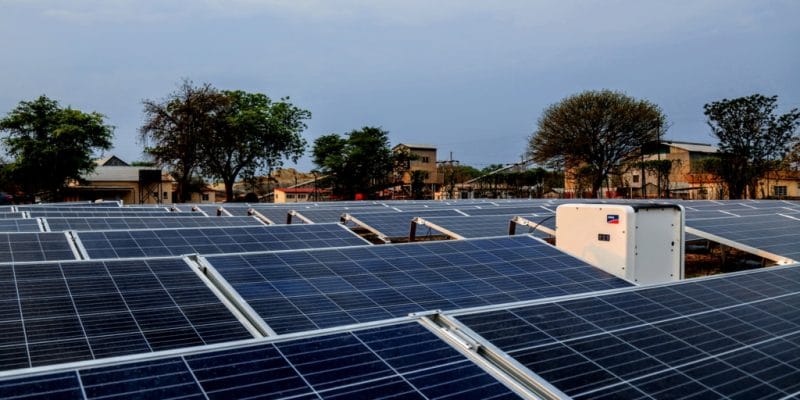The Norwegian investment company Empower New Energy is working with Rensource Energy to install a solar photovoltaic system at the Premium Poultry Farm in Abuja, Nigeria. The solar power plant will have a capacity of 700 kWp.
The Premium Poultry facilities will soon be powered by solar energy. The poultry farm in Abuja has an agreement with renewable energy supplier Rensource Energy and Empower New Energy, an impact investment company based in Oslo, Norway. The agreement covers the installation of a solar photovoltaic system at Premium Poultry.
It is one of the largest poultry farms in Nigeria with a production capacity of 600,000 eggs per day. The farm has set up a factory to guarantee its autonomy in terms of the supply of feed for its animals. The solar power plant that will be installed there will reinforce this autonomy, with a production capacity of 700 kWp, which also makes it one of the largest solar photovoltaic systems dedicated to the industrial and commercial (C&I) sector in Nigeria.
According to Empower New Energy, the ground-based solar system that will begin powering Premium Poultry before the end of December 2020 will create 40 jobs. As part of the agreement signed with the poultry farm, Premium Poultry will purchase the output of the solar power plant over a 25-year period. “This project also allows us to benefit from the significantly lower energy costs offered by solar photovoltaic technology and we are delighted to become the largest solar powered poultry farm in the country,” said Alhaji Mahey Rasheed, President of Premium Poultry.
The solar power plant will provide 1 GWh of clean energy per year to the farm while avoiding the emission of 840 tons of CO2 over the same period. Over its 25 years of operation, the installation is expected to reduce the farm’s CO2 emissions by 25,000 tonnes.
Jean Marie Takouleu






